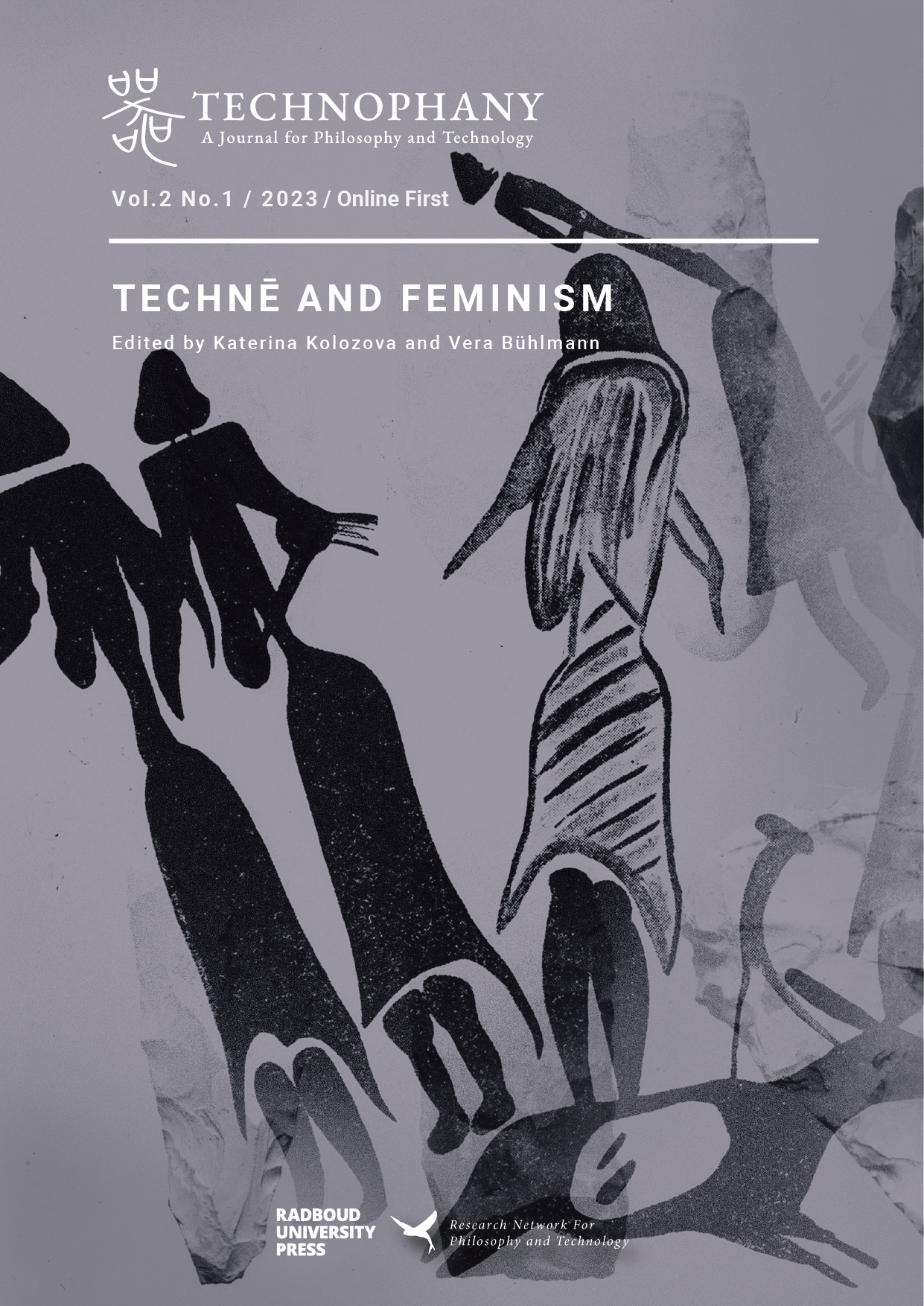Emilie du Châtelet—On Knowledge and Matter
A Precursor to Posthuman Feminism’s Approach to Science Making
DOI:
https://doi.org/10.54195/technophany.13815Keywords:
Emilie du Châtelet, Technoscience Feminism, Posthuman Feminism, Karen Barad, EmbodimentAbstract
This paper suggests a reading of the early 18th-century philosopher Emilie du Châtelet’s position on the questions of knowledge and matter as a surprising early precursor to technoscience/ posthuman feminism’s stand on scientific methodology and embodiment. In her 1740 book Institution de Physics (Foundations of Physics), du Châtelet, in an enlightenment fashion, turns to empiricism in an attempt to explain how we acquire scientific knowledge with an aim to account for the physical world and specifically for bodily agency. It is empiricism that leads her to criticise both the Cartesians as well as the Newtonians disembodied account of force. Du Châtelet’s main quarrel with Newton’s theory of bodies arises from its insufficiency to account for matter as vital. It is here that she turns to Leibniz’s metaphysics in a move that, in effect, redefines the premise of reason. Having an insight into her intellectual world at the dawn of enlightenment highlights the tendencies of our scientific paradigm to account for bodies as nonlogical and affirms the technoscience/ posthuman feminist transformative project.
Downloads








